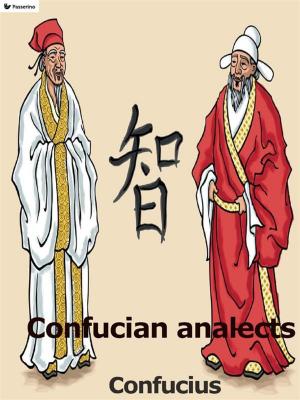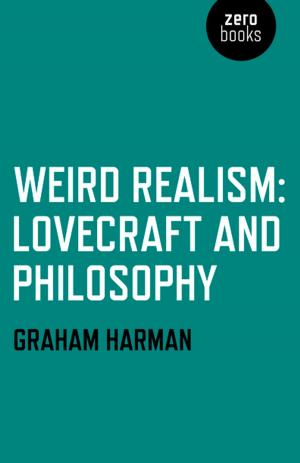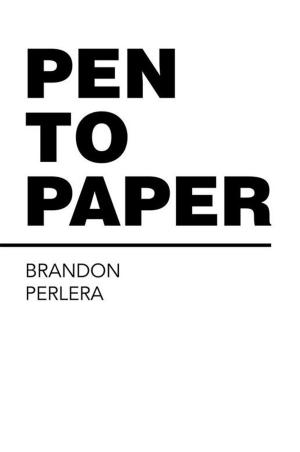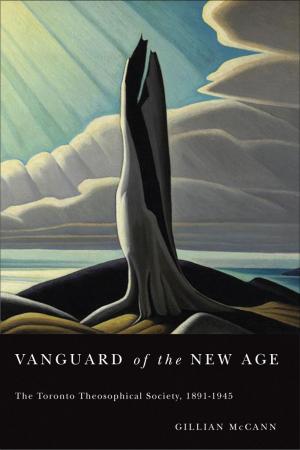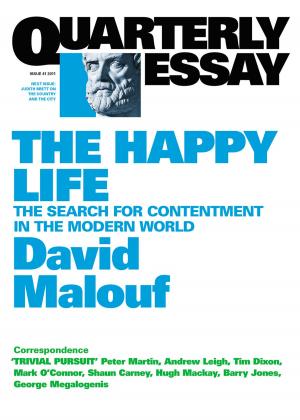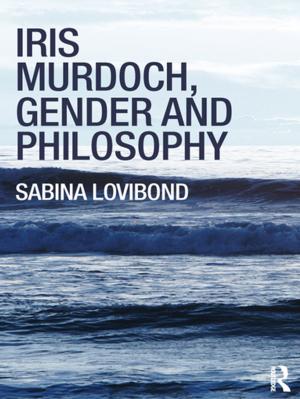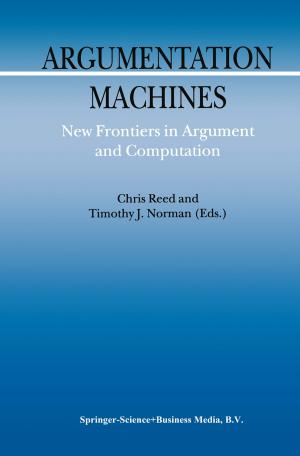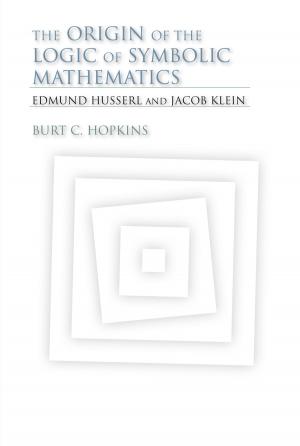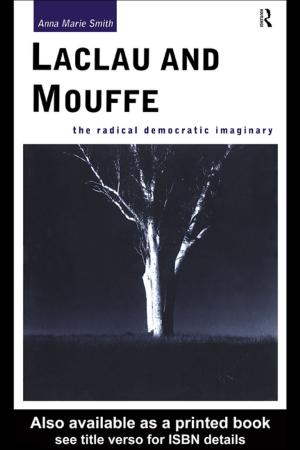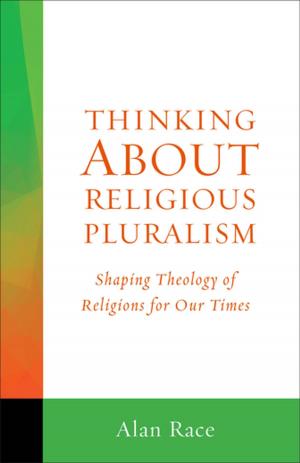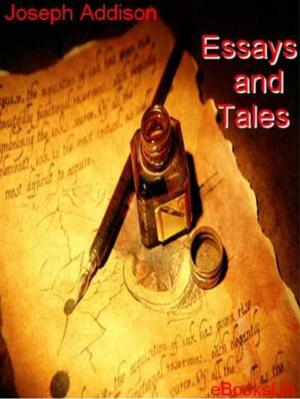After Life
Solving Science and Religion's Great Disagreement
Nonfiction, Religion & Spirituality, Theology, Philosophy| Author: | Matthew O'Neil | ISBN: | 9781910780138 |
| Publisher: | Ockham Publishing | Publication: | May 6, 2016 |
| Imprint: | Ockham Publishing | Language: | English |
| Author: | Matthew O'Neil |
| ISBN: | 9781910780138 |
| Publisher: | Ockham Publishing |
| Publication: | May 6, 2016 |
| Imprint: | Ockham Publishing |
| Language: | English |
What happens to us when we die? It’s a question that has been debated for centuries, moulded through time to fit our ever changing views.
Many religions teach that how we act in our life will determine where we will end up after life. If you follow religious teachings and adhere to their ethical standards, you will be rewarded and spend an eternity in heaven. If not, you will be punished and forced to spend forever in hell.
Modern science, however, will tell you a completely different story: fanciful, hopeful tales of an afterlife are both rationally explainable and lacking in evidence.
Theologian Matthew O’Neil demonstrates that the contemporary religious view of the afterlife is far from what our ancestors envisioned. Subjecting both original Scripture and contemporary faith to the rigours of modern science and rational philosophy, he seeks to answer one of humanities most famous puzzles: what happens After Life?
What happens to us when we die? It’s a question that has been debated for centuries, moulded through time to fit our ever changing views.
Many religions teach that how we act in our life will determine where we will end up after life. If you follow religious teachings and adhere to their ethical standards, you will be rewarded and spend an eternity in heaven. If not, you will be punished and forced to spend forever in hell.
Modern science, however, will tell you a completely different story: fanciful, hopeful tales of an afterlife are both rationally explainable and lacking in evidence.
Theologian Matthew O’Neil demonstrates that the contemporary religious view of the afterlife is far from what our ancestors envisioned. Subjecting both original Scripture and contemporary faith to the rigours of modern science and rational philosophy, he seeks to answer one of humanities most famous puzzles: what happens After Life?


